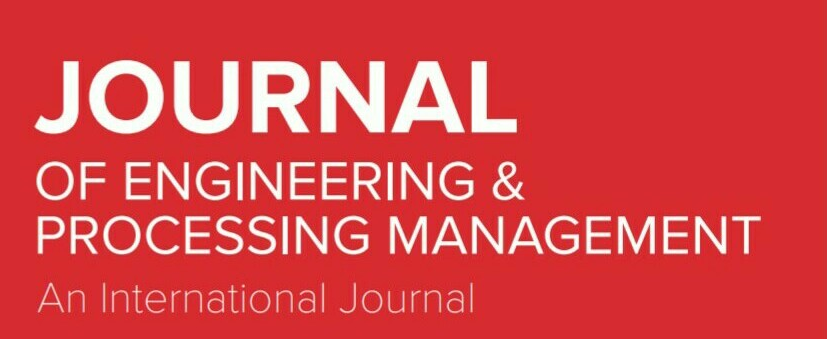EFFECTS OF MINIMAL PROCESSING AND VITAMIN C ENRICHMENT ON MICROBIOLOGICAL SAFETY AND VISCOSITY OF LIQUID EGG WHITE
DOI:
https://doi.org/10.7251/JEPM1901046TAbstract
Emerging technologies, like High Hydrostatic Pressure, heat treatments on low temperatures, and ultra-sonication, have an increasing tendency in industrial application. Vitamin enriched foods, like eggs, are considered as functional foods, but for high retention of biologically active compounds adequate minimal processing technologies are needed. In our study vitamin C enriched liquid egg white was examined to meet consumer expectations. Several combinations of low temperature pasteurization (57 - 63°C, 5 – 7 min) and High Hydrostatic Pressure (350, 5 min) were used to provide microbiological stability of vitamin C enriched (1000 mg/L) liquid egg white. After enrichment and treatments, the samples were examined for mesophyll aerobe and Enterobacteriaceae cell counts and viscosity attributes. Our results show that microbiological stability is not significantly influenced by vitamin C enrichment, but the different parameters of heat treatments and HHP have a strong effect. Viscosity attributes (measured with Anton Paar MCR 92) analysed by Hershel-Bulkley models point out that higher pressure of HHP has a stronger influence on viscosity than the temperature of pasteurization. Our results show a great opportunity for industrial use of minimal processing technologies for liquid egg white.Downloads
Published
2019-11-12
Issue
Section
Чланци

